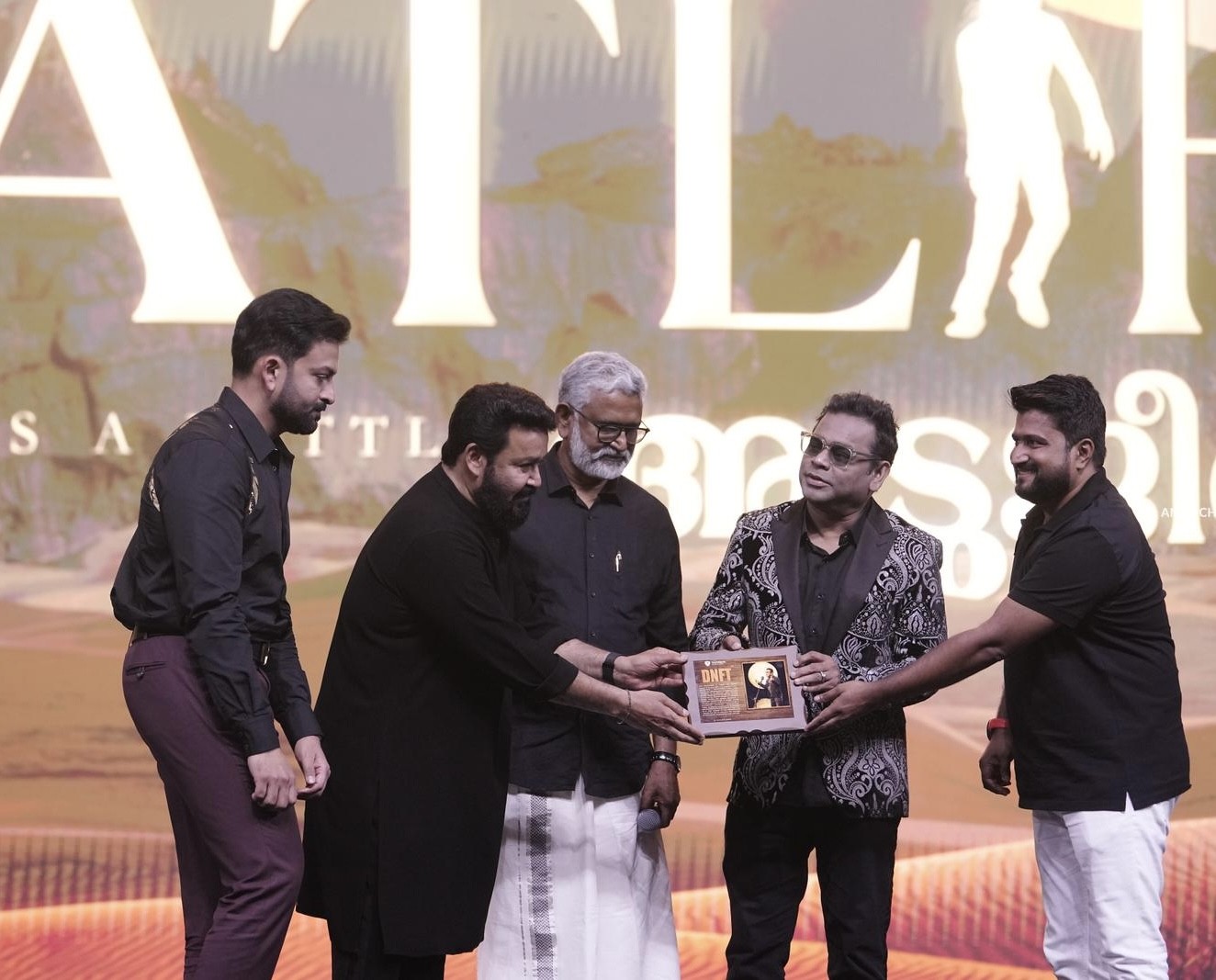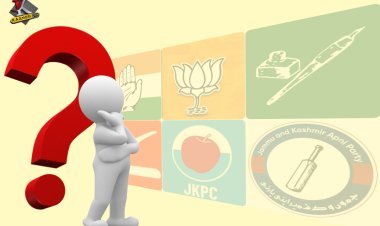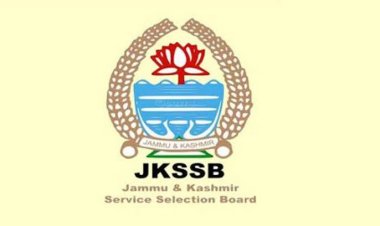United for Self, Divided for the People: The Political Consensus on MLA Salaries, but Silence on Daily Wagers
MLA salaries rise again, but daily wagers remain ignored. A sharp look at political priorities in Jammu & Kashmir.

By Ayaz Mughal
In a country often divided by party lines and ideological differences, there is one issue that unites politicians across the spectrum, hiking their own salaries and perks. Whether it's the BJP, NC, PDP, or Congress, all parties exhibit remarkable consensus when it comes to revising legislative privileges. The recent developments in Jammu and Kashmir have once again exposed this political paradox.
On March 21, Jammu and Kashmir Chief Minister Omar Abdullah proposed the formation of an Assembly panel, modeled on the Parliamentary system, to revise MLAs’ salaries and allowances, noting that their pay had remained stagnant for over a decade. He also proposed an increase in the Constituency Development Fund (CDF) from Rs 3 crore to Rs 4 crore per MLA, aligning it with the MPLADS (Member of Parliament Local Area Development Scheme). Further, he committed to increasing pensions for former legislators, revising honorarium for personal assistants, and ensuring better utilization of development funds.
This swift action and political solidarity is in stark contrast to the decades-long neglect of over 60,000 daily wage workers and scheme employees in the region. These individuals, who form the very backbone of the public workforce, in departments like PHE, PDD, agriculture, health, education, and youth services, continue to work without regularisation, fair pay, or basic benefits. Many of them earn a paltry Rs 225–300 per day, a sum that seems laughable compared to the Rs 1.60 lakh-plus monthly salary of MLAs, along with perks such as free travel, official accommodation, and lifelong pensions.
According to the J&K Legislative Council Secretariat (2022), the government spends over Rs 3.5 crore annually per MLA, covering salaries, staff, travel allowances, and office maintenance. Yet, when daily wagers or scheme workers demand regularisation or wage hikes, the usual excuse is "lack of funds". Even free ration schemes and electricity subsidies for poeor households have been scaled back in the name of financial prudence. Ironically, corporate houses and industries continue to receive subsidized power and massive incentives under policies like the J&K Industrial Policy 2021 and PM Development Packages.
This is not an isolated pattern. In 2018, the J&K Assembly had similarly passed a bill enhancing the pensions of former MLAs from Rs 28,000 to Rs 50,000, with no opposition or public consultation. Such bills are often passed in minutes, while files regarding regularisation of workers, minimum wage reforms, or pension restructuring for public-sector employees gather dust for years.
The double standards are glaring. If legislators can demand a structured five-year salary revision mechanism, as CM Omar Abdullah suggested, why can’t a similar system be adopted for minimum wage updates, inflation-based salary indexing for daily wagers, or automatic benefits for low-income families?
Daily wagers have staged protests across the Union Territory for years, some even living in tents outside government offices. Their demands remain unheard while legislators enjoy first-class travel, generous allowances, and priority in government resource allocation. The disconnect between the ruling elite and the working class has never been more apparent.
Until our political class shows similar urgency and consensus for public welfare as they do for self-welfare, our governance will remain tilted toward privilege rather than justice. If democracy must mean anything, it should first reflect equity, empathy, and accountability, not just entitlement for the powerful.










